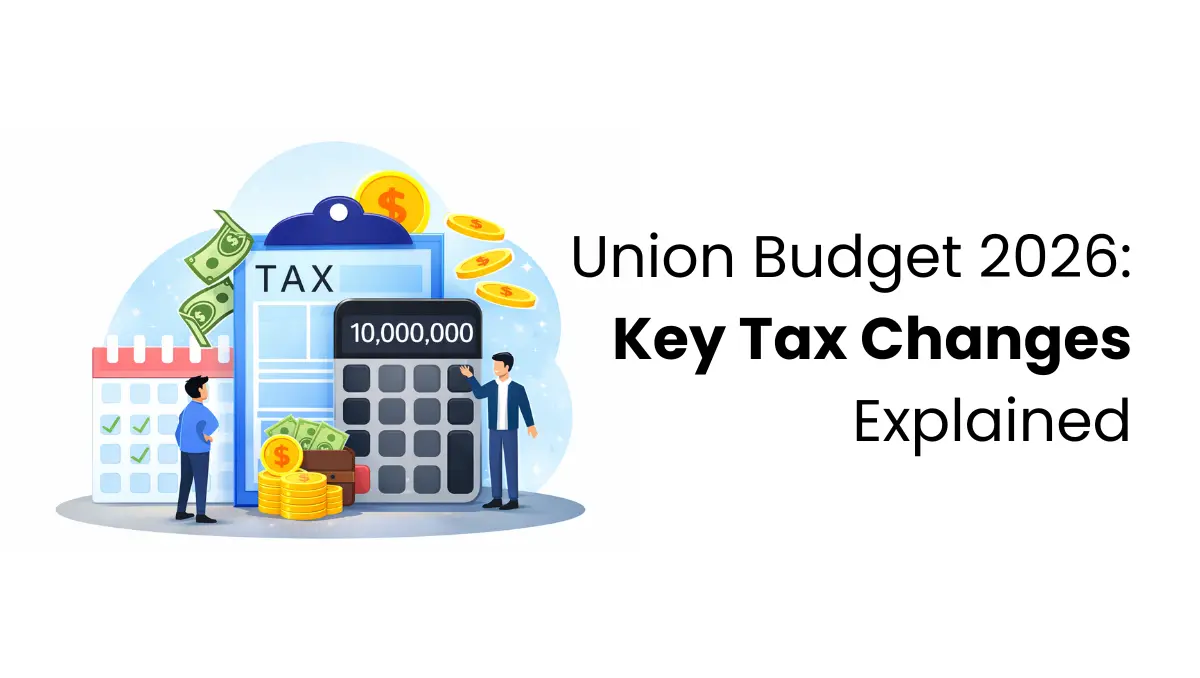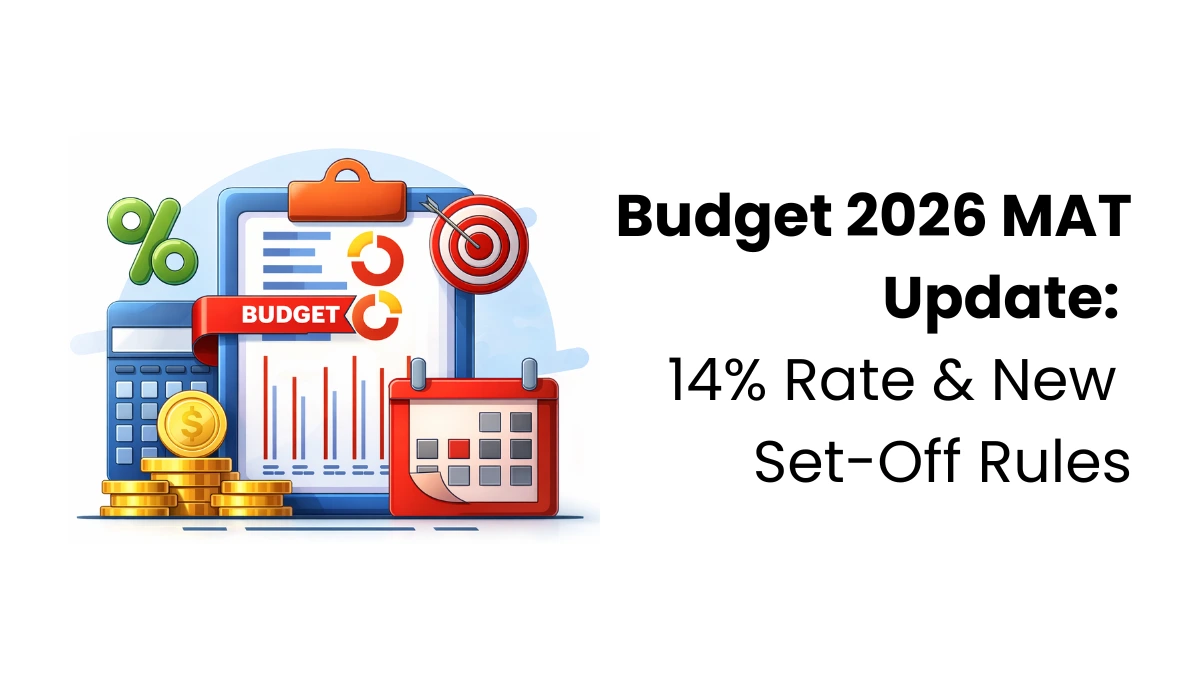Accounting has been, for a long time, considered to be among the most admired professions around the world. Being the foundation of financial management for each business, Accounting ensures precision, compliance, and an informed decision-making process. In the current marketplace, the need for highly skilled accountants continues to grow, but only a tiny number of candidates can have the required qualifications of knowledge and practical experience. The void in the market and the availability of top accountants present a serious issue for both businesses and aspiring professionals.
Why Practical Skills and Knowledge Training Matter
Earning academic qualifications like B.Com, M.Com or MBA in Finance is an impressive accomplishment; however, to truly thrive in today’s highly competitive job market, students need to supplement theory with courses focused on practical application. Gaining real-world exposure allows students to use academic knowledge in business scenarios, make adjustments when facing professional obstacles, and accelerate career growth.
Employers prefer hiring candidates who combine theoretical knowledge with practical insights, offering better pay, promotions and long-term career stability in return. As businesses prioritise skilled professionals over untrained staff members, businesses continue to seek qualified accountants possessing both academic and applied knowledge as businesses prioritize skilled accountants more than ever before.
Understanding the Talent Divide
The shortage of skilled accountants can largely be explained by looking at students’ academic backgrounds and levels of practical exposure. Broadly, aspiring professionals fall into two categories:
Category I: Non-Commerce Background
- Students without a foundation in commerce often take introductory accounting courses but fail to develop essential practical skills.
- Due to weak foundations and no practical experience, they often struggle during interviews as well as experience career stagnation unless they continue upskilling.
Category II: Commerce Background
- Graduates or postgraduates with theoretical knowledge in accounting often face challenges in applying that theory in real-world business situations. Although they can often handle discussions well, real-world accounting scenarios can still prove tricky at times. With enough training, they should experience steady career advancement.
In both groups, the lack of practical knowledge remains the central obstacle. Only those who bridge this gap transform into high-quality accountants capable of thriving in modern business environments.
Let’s now take a closer look at each of these categories:
| Particulars | Category I | Category II |
| Who are they? | Students from a non-commerce background who usually attend a short accounts course. However, they lack the necessary practical application skills required to enter the accounting profession. | Students with a commerce academic background who possess strong theoretical knowledge but have not received proper practical training in accounts. For them, theory and practice are like two sides of the same coin. |
| Possible reasons for choosing the accounting profession | Often, they choose accounting due to peer pressure or because of market demand, rather than genuine interest. | Choose this field for practical benefits such as: 1. Employment opportunities 2. Job security 3. Better career prospects 4. Attractive remuneration |
| Skills they lack | Lacking both theoretical knowledge and practical application skills makes it hard to compete in the job market. | Have completed graduation/post-graduation in accounting with sufficient theoretical knowledge, but face a major gap in practical exposure and real-world application. |
| Experience | Have no practical experience in accounting, making it difficult to handle professional tasks. | Possesses some exposure but still has limited real-time experience, restricting career readiness. |
| Struggles during interviews & group discussions | Find it challenging to face interviews confidently, as they lack clarity even in fundamental accounting concepts. | Can answer theoretical questions and participate in discussions, but struggles when asked to tackle real-world business scenarios. |
| Career growth they can expect | Likely to remain stuck in junior roles for a long time with very slow career progression. | Once they acquire practical skills, they can expect steady growth and a more linear career progression. |
| Solutions to overcome struggles | Should continuously build knowledge and practical skills by enrolling in a well-designed professional accounting course. This will give them the competitive advantage needed to grow. | After completing academics, one should join a practical training institute to gain exposure to real-world accounting. Learning tools like Tally, QuickBooks, or SAP can significantly help your accounting career. Joining accounting courses like Finprov’s CBAT program provides in-depth training in Business Accounting, Taxation, and professional skills to bridge the gap. |

Challenges Faced Without Any Practical Exposure
Without sufficient real-world training, aspiring accountants encounter:
- Low confidence during interviews and group discussions.
- Limited ability to respond to practical case studies or business challenges.
- Risk of being stuck in entry-level roles for extended periods.
These hurdles highlight why employers emphasise candidates who have gone beyond academics to gain applied skills and hands-on industry knowledge. The absence of such preparation reduces the number of quality accountants, widening the demand–supply imbalance further.
Practical Training: Key to Bridging the Skill Gap
Effective ways of combating this shortage include structured professional training that equips students with essential tools. Courses on accounting software or ERP platforms such as Tally, QuickBooks or SAP allow graduates to enter their profession with confidence.
Students who complete these programs not only secure superior roles but also experience faster career advancement and recognition. By following these paths, aspiring professionals can become skilled accountants who meet employer expectations while closing any potential talent gaps that exist in their fields of accounting.
Finprov provides carefully designed training programs created by industry experts to prepare students for the real world, which includes Certification in Business Accounts & Taxation (CBAT), SAP FICO Intensive Training Programme and Tally Prime with Certification.
Each course combines academic learning with practical exposure, ensuring students graduate as confident professionals. With the right blend of theory, practice, and industry insights, Finprov’s programs help nurture the next generation of top accountants equipped for long-term success.
Conclusion
The profession of accounting is growing quickly, and companies are seeking experts who can provide the most value, beyond just theoretical knowledge. By focusing on practical education and real-world experience, students are able to make a difference and develop lucrative career paths. With the right guidance, the shortage can be turned into an opportunity for businesses to hire skilled professionals and for students to establish themselves as indispensable contributors to the financial world.
FAQs
Q1. Why is there a shortage of high-quality accountants in today’s job market?
The shortage mainly arises because many candidates have strong academic qualifications but lack practical skills. Employers need professionals who can apply accounting knowledge in real-world situations, which creates a gap between supply and demand.
Q2. How necessary is practical training for accounting careers?
Practical training is crucial. Without it, even commerce graduates struggle in interviews and on the job. Learning tools like Tally, QuickBooks, and SAP equip aspiring accountants with the skills required by businesses today.
Q3. Can non-commerce students build a career in accounting?
Yes, non-commerce students can build a career in accounting. However, since they lack both theoretical and practical foundations, they must undergo structured training programs to compete with commerce graduates.
Q4. What are some main challenges faced by fresh accounting graduates?
Fresh graduates often face issues such as difficulty applying theory in real-world situations, lack of confidence in interviews, limited exposure to accounting software and slower career growth without practical expertise.
Q5. How can courses like Finprov’s CBAT help bridge the skill gap?
Joining a Certification program for Business Accounting and Taxation (CBAT) can be designed in order to give hands-on experiences in taxation, accounting, along ERP systems. The practical experience prepares students for the demands of industry and assists them in advancing in their careers.










